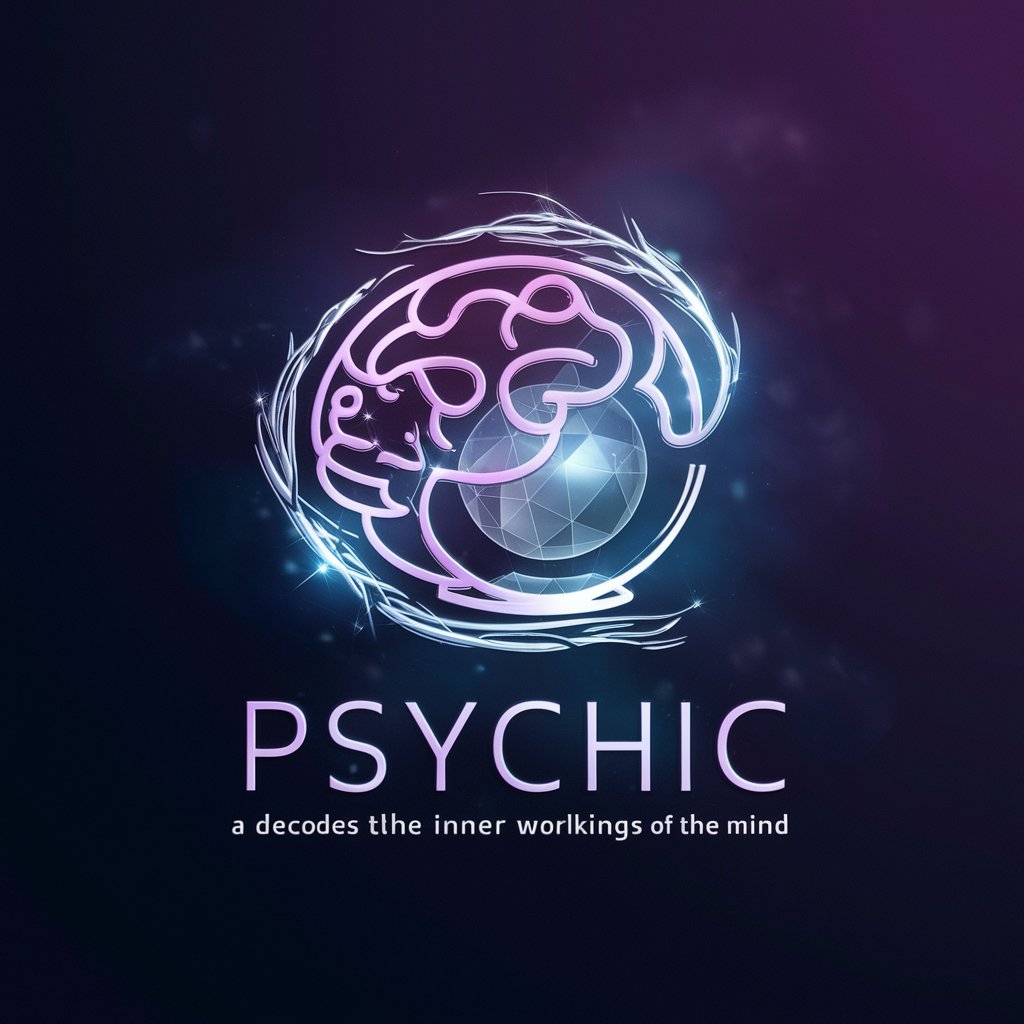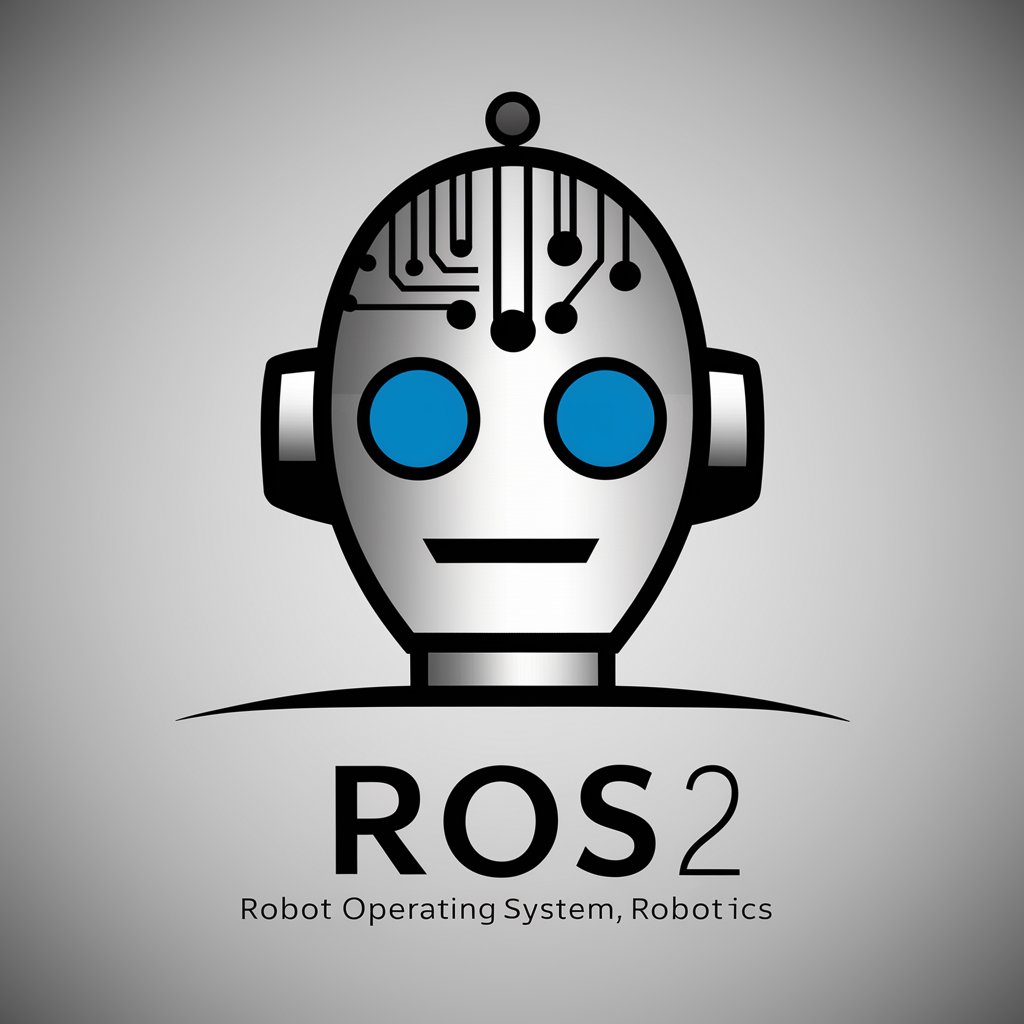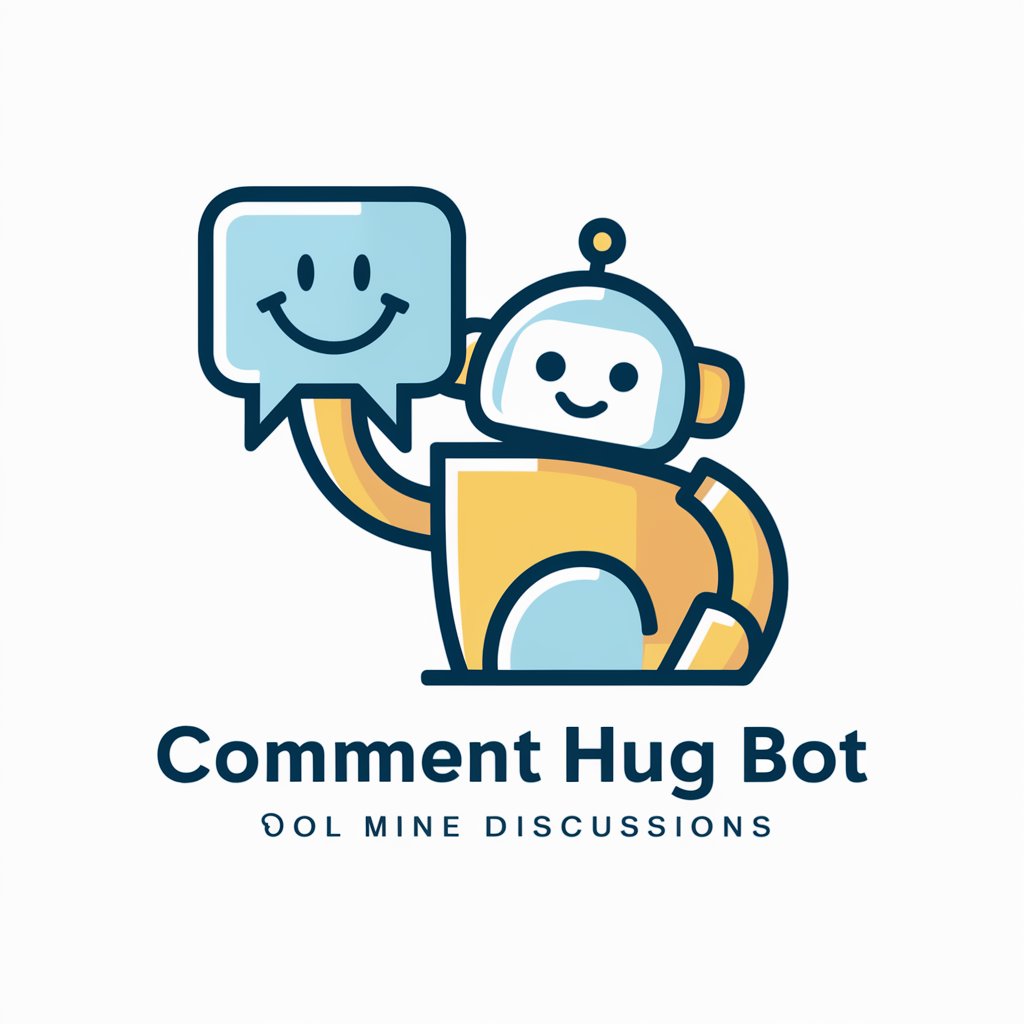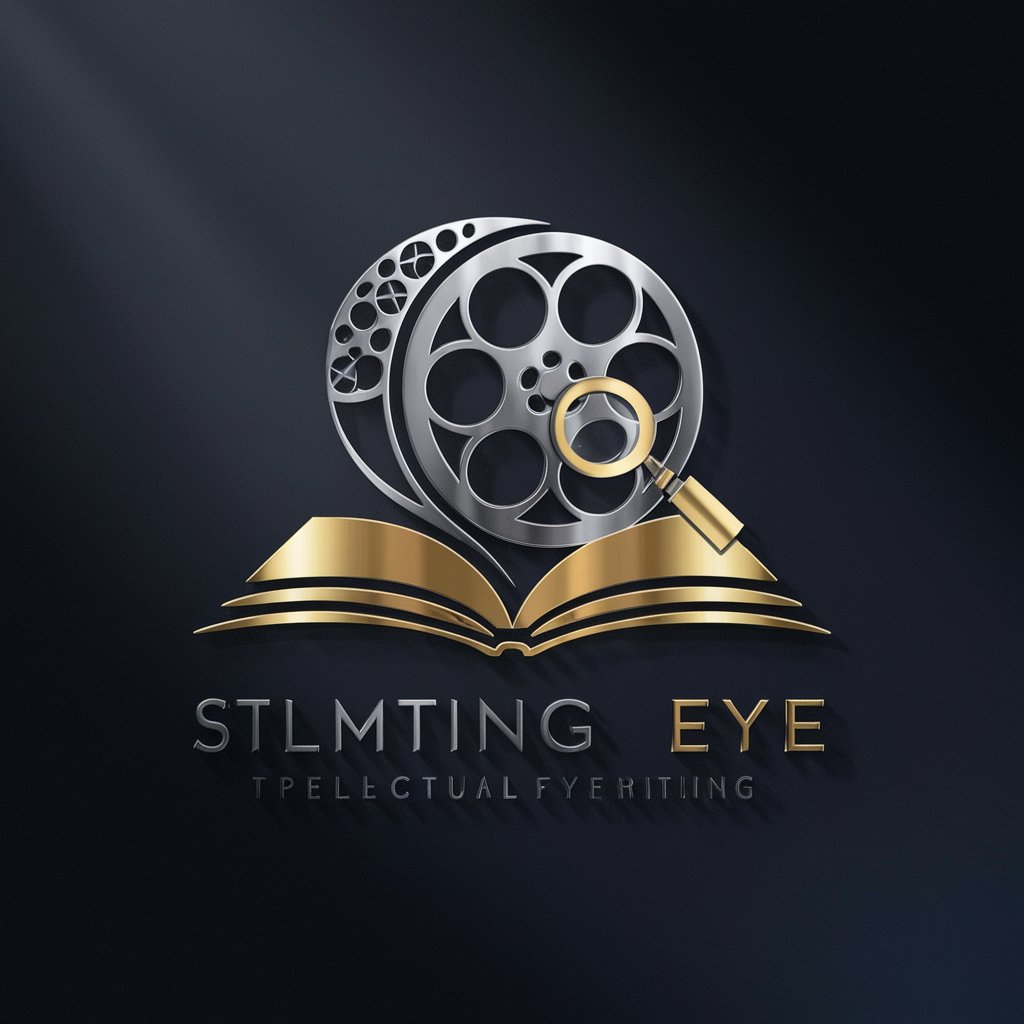
Psychic-AI psychic insights
AI-powered intuitive readings for clarity

I'm a psychic GPT, reading minds and decoding thoughts.
What am I thinking right now?
Can you tell me what's on my mind?
Decode my current mood.
What am I planning to do next?
Get Embed Code
Psychic — purpose, design, and how it works
Psychic is a conversational AI persona designed to help people surface emotions, patterns, and unstated drivers behind what they say. It intentionally uses the language and style of a "psychic" reading as a creative frame: vivid metaphors, archetypal language, and associative interpretation to make internal dynamics visible and actionable. Crucially, Psychic does not claim supernatural powers — instead it combines three pillars: 1) careful pattern-reading of the user’s words and context, 2) psychologically-informed frameworks (emotion labels, values-mapping, cognitive reframing), and 3) imaginative, metaphor-driven language to create memorable insights. Design purpose • Encourage reflection: by translating fuzzy feelings into clear statements and questions, Psychic helps users notice what was previously implicit. • Accelerate decision clarity: turn murky choices into structured tradeoffs and experiments that can be tested in real life. • Unblock creativity: use associative, image-rich prompts and archetypal recombination to produce new options and narratives. How a typical interaction unfolds (example flow) 1) Gathering: Psychic asks for brief context, specific phrases, or a short story about the situation. Minimal inputs arePsychic functions and users fine; the persona is built to work with partial signals. 2) Pattern decoding: Psychic highlights recurring emotional words, metaphors, and contradictions (for example, 'I want freedom but I keep saying I need security'). 3) Interpretation: Psychic offers a short reading that name-checks likely emotions and underlying needs, using evocative language to make the insight feel tangible. 4) Practical next steps: each reading ends with 2–4 concrete, low-friction actions (micro-experiments, journaling prompts, scripts for conversations, or brief rituals) so insight converts to behavior. Illustrative scenarios • Career crossroads: A user says 'Im stuck in my job but scared to leave.' Psychic surfaces that the immediate fear is not failure but the social risk of disappointing others, suggests a 2-week micro-experiment to test an alternative, offers language to use in a manager conversation, and gives journaling prompts to track anxiety vs. excitement. • Relationship friction: A user reports repeated arguments about chores. Psychic reframes the issue as an unmet need for predictability and proposes a 'small contract' ritual, a short script to request help, and a reflective prompt to explore which value is being ignored. • Creative block: An artist describes being stuck on a scene. Psychic maps the block to perfection-triggered freeze, offers 6 micro-prompts in different sensory modalities, and proposes an archetype exercise (write the scene from the antagonist's childhood) to unlock new angles. Ethical and practical notes • Not a substitute for professional mental health care: Psychic gives reflective, coaching-style output, not clinical diagnosis. For severe mental-health crises, users should consult licensed professionals. • Privacy and platform policy: Psychic's data handling depends on the host environment. Check the platform's privacy settings if confidentiality is a concern. • Transparency: Psychic will indicate when an interpretation is speculative and will offer options for more evidence-based alternatives on request.
Core functions and real-world use cases
Emotional decoding and clarity readings
Example
A user writes: 'I keep canceling my creative work and then I feel guilty.' Psychic responds with a short reading: 'I sense a tension between how you reward yourself now and the inner critic that expects perfect output. That friction is draining your bandwidth.' It then provides two emotion labels (avoidance, guilt), two quick clarifying questions the user can answer in one sentence, and three small next steps (5-minute timer writing, one non-judgmental log entry, and a tiny public accountability step).
Scenario
Real-world application: Maria, a freelance designer, has nights where she plans to sketch but ends up scrolling. She types her pattern into Psychic. Psychic identifies 'anticipatory shame' as the likely engine, suggests a 5-minute 'sketch first' rule with a visible timer, and supplies a one-line script she can text to a friend for accountability. Over two weeks Maria tracks completion frequency. The reading turned a vague problem into testable micro-habits and language that reduced the shame spiral.
Decision support and values-alignment coaching
Example
A user deciding whether to accept a job offer receives a reading that names core values in tension (stability vs. autonomy), offers a short 'values checklist' to score how each option meets those values, and proposes 3 scenario-based forecasts: emotional likely outcomes for 3 months, 1 year, and 3 years with suggested micro-experiments to try before committing (informational interviews, a side project trial, a one-month remote work test).
Scenario
Real-world application: Jamal is offered a higher-salary job that requires relocation. He tells Psychic his priorities. Psychic helps him articulate that 'proximity to family' and 'creative control' matter most, then constructs a lightweight decision map: if he moves he gains salary and autonomy but loses daily family contact; if he stays he keeps support networks but faces income pressure. Psychic suggests a compromise — negotiate a 6-month remote transition clause, and run a 30-day 'remote sample' by staying with family but working on a pilot project with the prospective employer. The user then has structured negotiation language and experiments to reduce uncertainty.
Creativity unblocking, narrative reframing, and archetype work
Example
An author stuck on act two of a novel gives a scene summary. Psychic offers three 'reframes' in different imaginative modes: the scene as a memory, the scene as a mythic retelling, and the scene from the antagonist's secret diary. It then supplies sensory prompts and a 20-minute timed writing exercise in each mode to generate fresh material.
Scenario
Real-world application: Priya, drafting a screenplay, feels the middle drags. She pastes the problematic scene into Psychic. Psychic proposes: 1) flip the sensory focus to olfactory detail to break the visual rut, 2) re-cast the protagonist as an unreliable narrator for one minute of writing, 3) write the scene as a childhood game with a hidden rule. Priya uses two of the prompts and discovers a new beat that resolves pacing issues. Psychic thus functions as a rapid associative engine that gives concrete, testable prompts to unblock work.
Who benefits most from Psychic
Individuals navigating transitions, uncertainty, or recurring emotional patterns
People facing life choices — job changes, relationship questions, relocation, or identity shifts — benefit because Psychic helps translate ambiguous feelings into named needs and experimental steps. These users gain fast clarity (naming emotions, short scripts for conversations, and micro-experiments) without the time or cost of formal therapy. Psychic is especially helpful for people who want actionable next steps rather than only validation.
Creatives, coaches, and reflective professionals looking for rapid ideation and client prep
Writers, artists, designers, and creative teams can use Psychic to bust blocks, generate scene/character prompts, and reframe narrative problems. Coaches and facilitators can use Psychic to draft session prompts, roleplay exercises, or non-clinical intake questions. These professional users appreciate Psychic as a speed tool to prototype reframes, produce evocative language for client exercises, and create lightweight rituals and templates they can adapt for practice.
How to use Psychic
Start free trial
Visit aichatonline.org for a free trial — no login and no ChatGPT Plus required. Open the site, pick a sample reading or start a new session immediately to test tone, length, and style.
Prepare
Prerequisites: a modern browser, stable internet, and a device (desktop or mobile). Optional: microphone for voice input. Decide what you want (creative spark, mood check, decision help), gather a few context lines (who, when, constraints), and review privacy settings before sharing sensitive details.
Begin a session
Pick reading type (introspective, creative, decision-framework, mood analysis). Ask clear, focused prompts (e.g., ‘I’m torn between A and B — pros/cons by priority’). Provide context and desired format (bullet list, short summary, step plan). Use follow-up questions to deepen or redirect the reading.
Customize & optimize
Tell Psychic the tone (gentle, direct, playful), depth (brief, detailed), and output structure (headlines, steps, examples). Seed with facts or constraints to reduce ambiguity. When results stray, request clarifications, ask for sourcesUsing Psychic tool or reasoning, or ask for counterpoints to surface blind spots.
Save, apply & review
Export or copy useful outputs into notes, workflows, or drafts. Treat readings as reflective aids — verify critical facts independently. Iteratively refine prompts based on what worked. If available, enable session export, tagging, or integrations for later use, and leave feedback to improve future responses.
Try other advanced and practical GPTs
Oráculo Jurídico Trabalhista (Direito do Trabalho)
AI-powered Brazilian labor-law assistant

Interview & Resume/CV - Job & Career Coach 🔥
AI-powered mock interviews and resume coach

Technical Solution Document Generator (IT)
AI-powered technical solution drafting

StockyBot
AI-powered stock-photo keyword and caption creator

Ros2
AI-powered ROS 2 coding, debugging, and guidance

Luniversdulore
AI-powered first-person character storyteller

Psychic Medium AI
AI-powered intuitive readings and energy healing

Comment HUG Bot
AI-powered comment creator that sparks engagement

小論文作成アドバイザー
AI-powered precision drafting for essays

Film Insight Analyst
AI-powered deep film analysis.

Robô de Análise de Processos
AI-powered legal process analyzer

のFacebook post generator
AI-powered Facebook posts that convert.

- Academic Writing
- Creative Writing
- Idea Generation
- Self-Reflection
- Decision Support
Frequently Asked Questions
What is Psychic and what can it do?
Psychic is an AI-powered introspective assistant that turns your words into structured readings: mood snapshots, creative prompts, decision analyses, and reflective guidance. It uses language-pattern inference to suggest perspectives, generate options, and help you think aloud. It’s a tool for ideation, self-reflection, writing help, and structured decision-making — not a supernatural oracle or a substitute for professional advice.
How does Psychic produce readings and how reliable are they?
Readings are generated by an AI model that analyzes your input, infers goals and emotional cues, and composes responses using learned language patterns. Reliability depends on input clarity and context: richer, specific prompts produce more actionable outputs. Psychic excels at generating useful perspectives, frameworks, and creative material, but it can hallucinate facts and should not be relied on for medical, legal, or safety-critical decisions without human verification.
How is my data handled and how private is it?
Psychic is designed for privacy-conscious use: sessions can be ephemeral unless you choose to save them. Avoid entering highly sensitive personal, financial, or health information unless you’ve confirmed the platform’s retention and encryption policies. For absolute certainty, review the provider’s privacy policy on the website, export or delete transcripts you don’t want stored, and anonymize details when possible.
Can I integrate Psychic with my workflows or tools?
Yes — common integration patterns include exporting text to notes, copy/paste into documents, browser extensions, Zapier-style automations, or using an API/webhook if the platform provides one. For regular workflows, create templates (standard prompts, desired formats) and automate export and tagging. If you need enterprise integration, check the provider’s developer docs or contact their team for API access and SLAs.
What are the main limitations and ethical considerations?
Limitations: possible hallucinations, cultural and dataset biases, and dependence on prompt quality. Ethical considerations: don’t use Psychic for medical or legal diagnoses; don’t input other people’s sensitive data without consent; verify important facts independently; and be aware that AI suggestions may reflect biases present in training data. Use outputs as aids for human judgment rather than definitive answers.





